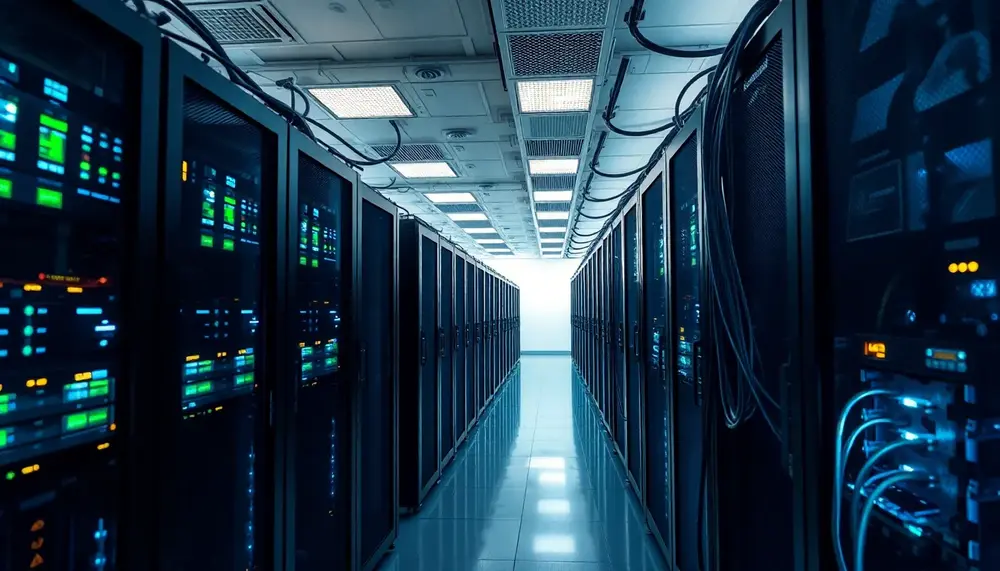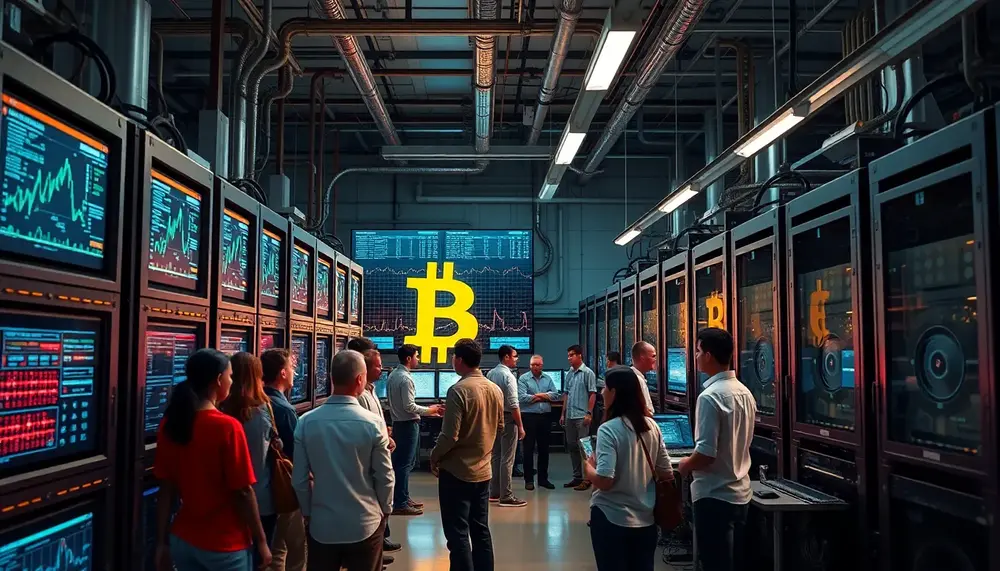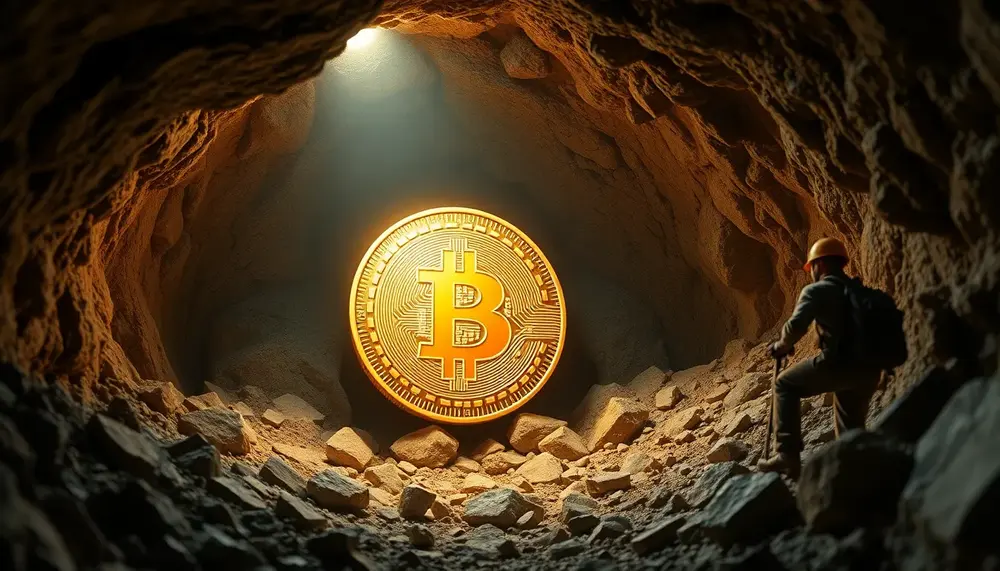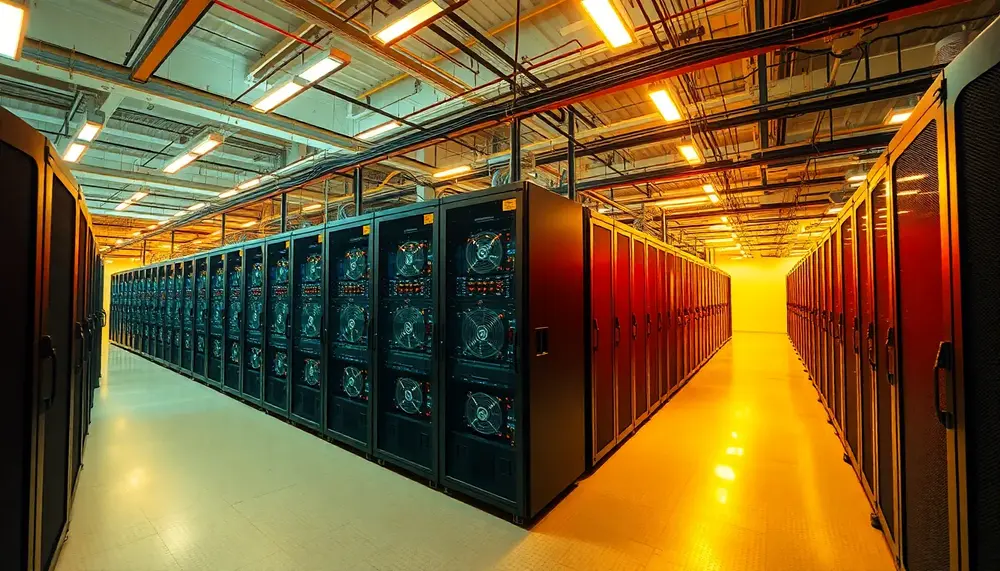Bitcoin Network
Bitcoin Network
Understanding the Bitcoin Network
The Bitcoin Network is the backbone of all activities relating to Bitcoin. It is a decentralized network, which means that it is not controlled by a single entity or institution. Instead, it's run by a collection of computers, known as nodes, that work together to maintain the network and confirm Bitcoin transactions.
Bitcoin Network in the Context of Bitcoin Mining
In the context of Bitcoin mining, the Bitcoin Network plays a vital role. Mining is the process where miners use powerful computers to solve complex mathematical problems. This process helps to secure the network and verify transactions added to the Bitcoin blockchain, a public ledger of all Bitcoin transactions.
Node's Importance in the Bitcoin Network
The miners, or nodes, are a crucial part of the Bitcoin Network. Each node has a copy of the entire Bitcoin blockchain. Whenever a Bitcoin transaction takes place, each node in the network works to validate and record the transaction on their copy of the blockchain. This decentralised approach ensures the Bitcoin Network stays secure, transparent, and resistant to fraud.
Bitcoin Network's Impact on Bitcoin Value
The robust and secure nature of the Bitcoin Network fuels confidence in Bitcoin's value. The network's strong security measures and the transparency of Bitcoin transactions contribute to this. Therefore, the health and efficiency of the Bitcoin Network play a major role in Bitcoin's overall value and its acceptance as a form of digital currency.
Blog Posts with the term: Bitcoin Network

Bitcoin mining costs are heavily influenced by electricity expenses, which vary globally and can determine the profitability of operations; miners must balance efficiency, location advantages, and regulatory environments to succeed....

This article provides an introduction to Bitcoin Mining ROI (Return on Investment) and explains how it is calculated. It discusses the factors that affect mining profitability, such as electricity costs, hash rate, block reward, Bitcoin price, and mining difficulty. It...

Mining pools allow miners to collaborate and increase their chances of earning rewards by pooling resources, making the mining process more accessible and decentralized. When choosing a pool, factors like fees, payment methods, reputation, size, and server location should be...

The article discusses the impact of quantum computing on Bitcoin mining. It explains the principles of both quantum computing and Bitcoin mining separately, and then explores how quantum computing can enhance the efficiency and speed of Bitcoin mining while also...

In this article, the author explores the potential profitability of Bitcoin mining in 2023. They discuss various factors that can influence mining profitability, such as mining difficulty, block rewards, energy costs, and the value of Bitcoin. The article also highlights...

XRP, created by Ripple Labs in 2012, is a pre-mined digital asset designed for fast and cost-effective cross-border payments using the Ripple Protocol Consensus Algorithm (RPCA) instead of traditional mining. Unlike Bitcoin's Proof of Work system, XRP relies on validators...

Bitcoin's mining reward system, which reduces rewards through halving events approximately every four years to maintain scarcity and influence market dynamics, plays a crucial role in shaping Bitcoin's value and technological evolution. These halvings impact supply by capping it at...

Understanding mining pool stats is crucial for optimizing cryptocurrency mining strategies, as it involves analyzing key metrics like hashrate and reward systems to make informed decisions. By evaluating factors such as pool performance, fee structures, and network stability, miners can...

Bitcoin mining is often surrounded by myths and misconceptions, including beliefs that it consumes massive amounts of energy, is easy to profit from, and is not environmentally sustainable. In reality, Bitcoin mining encourages the use of renewable energy, is difficult...

Understanding your objectives for Bitcoin mining is crucial, as it influences decisions on hardware, location, and risk management; key cost factors include electricity rates, cooling needs, maintenance expenses, and network difficulty. Efficient hardware can reduce energy costs significantly but often...

This article discusses the evolution of Bitcoin mining from its early days using CPUs to the current use of specialized hardware known as ASICs. It explores the pros and cons of each stage of evolution and the impact it has...

Crypto mining difficulty measures the computational power needed to find new blocks in the blockchain, adjusting every 2,016 blocks to maintain a consistent block production rate of one every 10 minutes. This adjustment ensures network stability and security by responding...

Bitcoin mining in Germany is legal and considered a private money production. The country's mining landscape is thriving, with various mining farms and communities, and companies like Northern Bitcoin AG are leading the way in sustainable and advanced mining operations....

Cloud mining allows individuals to rent processing power for cryptocurrency mining, offering cost efficiency and global accessibility without the need for hardware investment. It provides scalability and democratizes Bitcoin mining, making it more accessible. Free BTC cloud mining enables users to...

